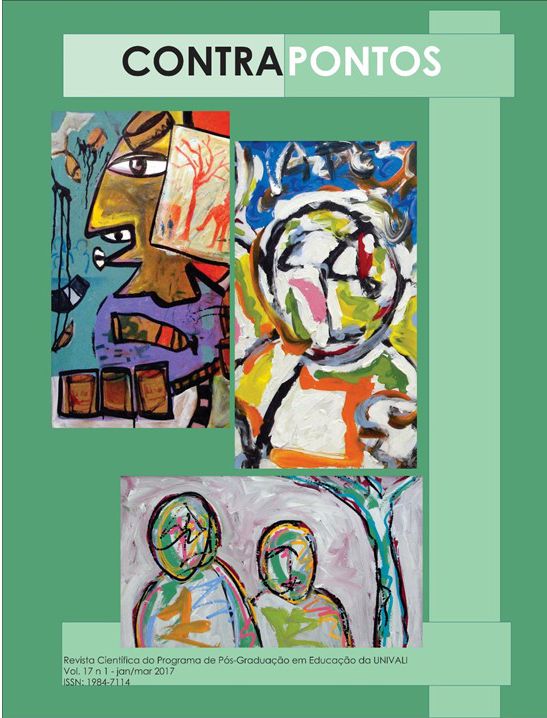
This article focuses on knowledge of the specifics of catering for the educational needs of a child with visual impairment enrolled in Early Childhood Education. It analyzes how the participation of a blind child occurs, in the process of inclusion in an Early Education institution. The research was conducted with a group of nursery children at a crèche in the municipality of Guarulhos, in the State of São Paulo, where there was a blind child enrolled. It was based on qualitative research, and was configured as a case study. The subjects were: a blind child, two teachers of the nursery class, the educational coordinator, and the deputy director of the institution. For the data collection, routine observations of this class were conducted in two periods: March and April 2012, and June 2012. The episodes observed were recorded in the form of video, photographs and field notes. After the observation period, we interviewed the two classroom teachers, the educational coordinator and deputy director. The results of the research reveal the importance and contributions of mediation in teaching and learning, specifically in the case of the blind child. The cultural-historical perspective of human development, elaborated by Vygotsky (1897 - 1934), was used as the basis for the discussion.





